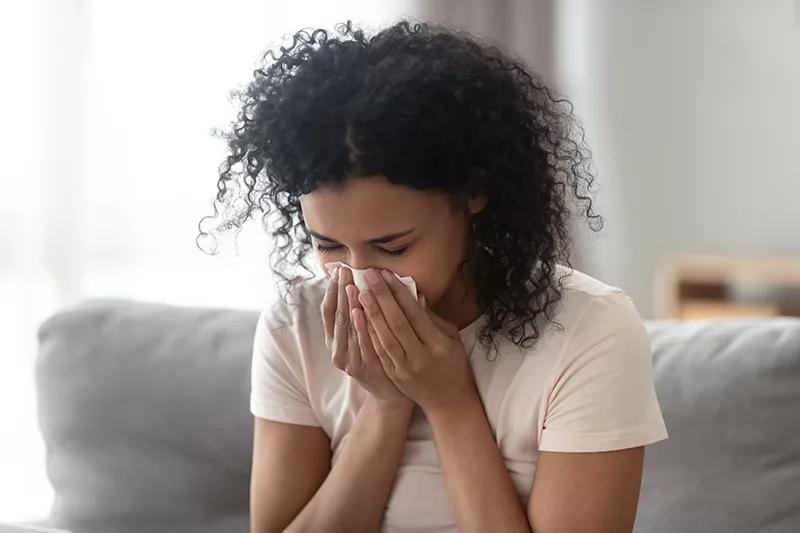
When it comes to checking for allergies, there isn’t a single “best” test that covers all possible allergens in one go. Allergy testing typically involves a combination of methods tailored to your specific situation and suspected allergens.
Allergy testing options
- Skin Prick Test: This is one of the most common and efficient methods. Tiny amounts of allergens are applied to your skin, usually on your forearm or back. If you’re allergic to a particular substance, you’ll develop a small, raised bump at the test site. It’s quick and generally well-tolerated, but it might not cover all potential allergens.
- Blood Test (Specific IgE Test): This involves drawing blood and testing it for specific antibodies (IgE) that your body produces in response to allergens. The results help identify allergens you’re sensitive to. This test is useful when skin prick testing might not be suitable, such as for individuals with skin conditions or those taking certain medications.
- Patch Test: This is more specialized and is used to identify contact allergens causing skin reactions like eczema or dermatitis. Small amounts of potential allergens are applied to patches that are then placed on your skin for a couple of days.
- Elimination Diet: Sometimes allergens can be identified through a process of elimination. If you suspect a certain food is causing allergies, you might try removing it from your diet for a period of time and then reintroducing it to observe any reactions.
- Provocation Testing: This involves supervised exposure to suspected allergens in a controlled medical environment to monitor any allergic reactions. It’s often used when other tests aren’t definitive.
It’s important to note that there isn’t a one-size-fits-all approach to allergy testing. Your doctor will consider your medical history, symptoms, and suspected allergens to determine the most appropriate tests. Additionally, interpreting allergy test results requires expertise, as a positive result doesn’t always mean you’ll experience symptoms upon exposure.
Consulting an allergist is crucial for an accurate diagnosis and a tailored testing approach. They’ll guide you through the testing process, help you understand the results, and recommend appropriate measures to manage your allergies, which may include avoidance strategies, medications, or allergy shots (immunotherapy).
Remember, allergy testing is just the first step toward understanding and managing your allergies. Open communication with your healthcare provider is key to finding the right approach for your specific situation.


